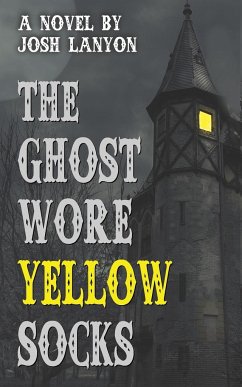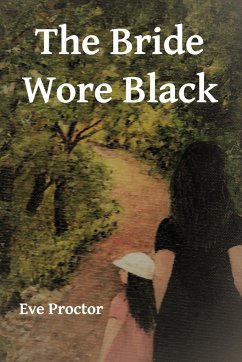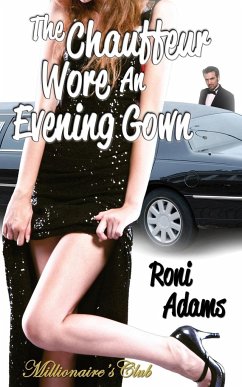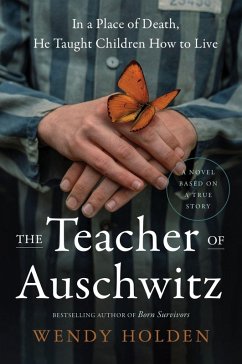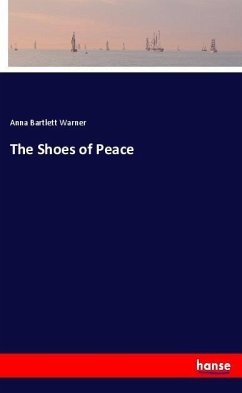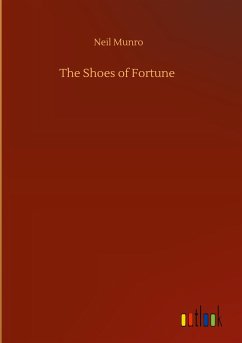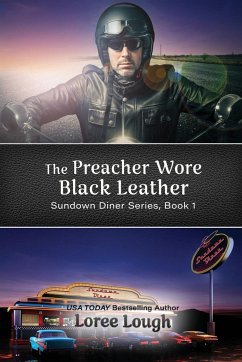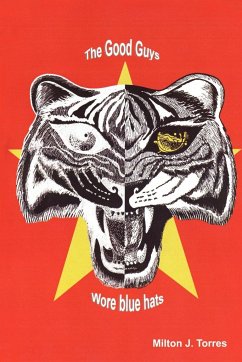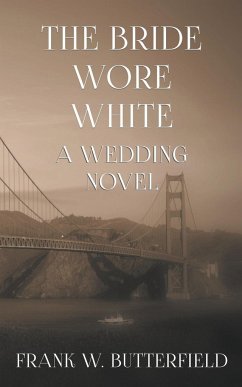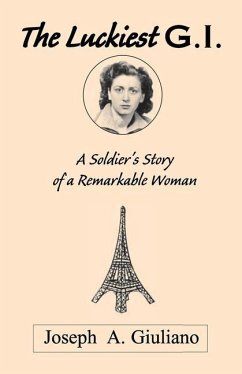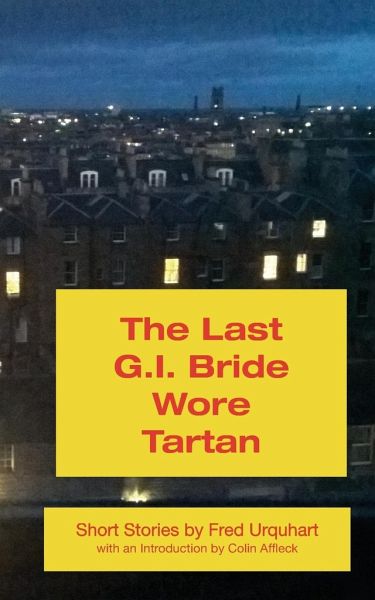
The Last G.I. Bride Wore Tartan
Versandkostenfrei!
Versandfertig in 1-2 Wochen
19,99 €
inkl. MwSt.

PAYBACK Punkte
10 °P sammeln!
Fred Urquhart's lively collection of stories deals with life in the immediate aftermath of the Second World War and demonstrates his fascination with American culture and its effect on Britain. The title story - a highly amusing satirical novella - presents a young Scotswoman who is desperate to cross the Atlantic as a war bride in order to get to Hollywood, armed with a tartan skirt and a copy of Gentlemen Prefer Blondes. Other stories portray an eccentric woman who has watched too many films, an American musician who has been luckless in his marriages, and an Edinburgh office where the typis...
Fred Urquhart's lively collection of stories deals with life in the immediate aftermath of the Second World War and demonstrates his fascination with American culture and its effect on Britain. The title story - a highly amusing satirical novella - presents a young Scotswoman who is desperate to cross the Atlantic as a war bride in order to get to Hollywood, armed with a tartan skirt and a copy of Gentlemen Prefer Blondes. Other stories portray an eccentric woman who has watched too many films, an American musician who has been luckless in his marriages, and an Edinburgh office where the typists have to cope with a predator. Urquhart takes us to London with a tale of an Aberdeenshire farmer's wife in search of fancy shoes and to occupied Germany, where a horse-loving soldier acquires a wife. In the final piece, two sophisticated women from London find life in the country too much for them. Throughout, Urquhart employs his sharp wit and his unique way with dialogue, creating a gallery of memorable characters.



